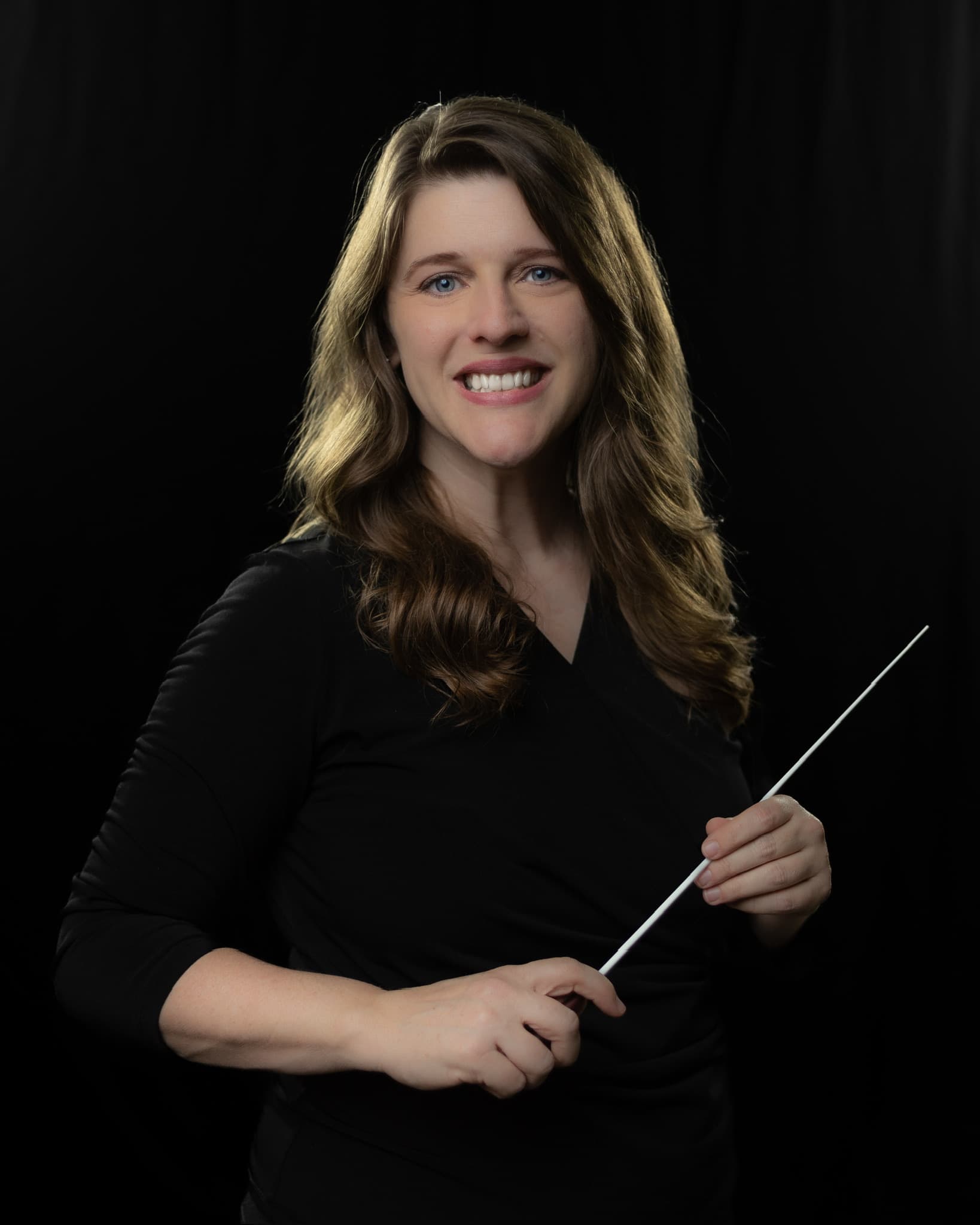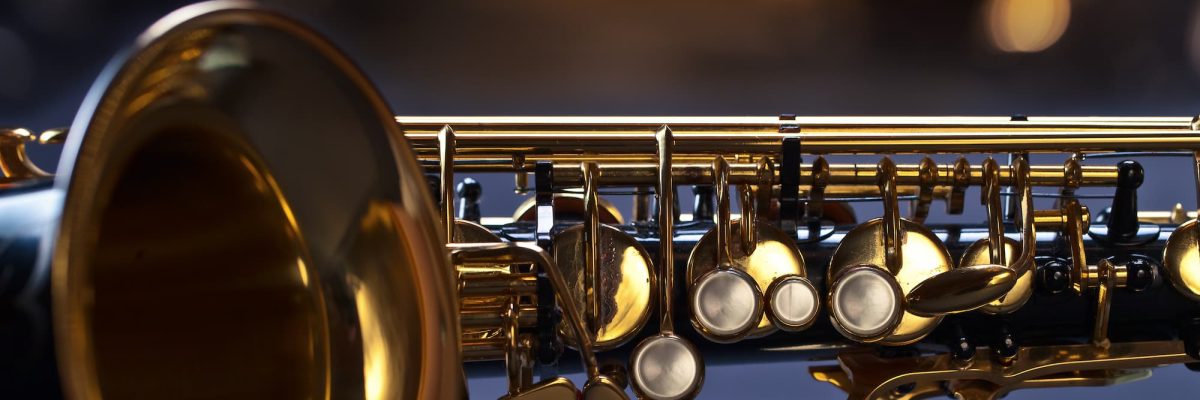“Are 30-minute music lessons too short?”
This is a question that many aspiring musicians, both beginners and advanced, often find themselves asking. This article will explore all the aspects of shorter music lessons and how they can be a valuable investment of the student’s time and money.
Benefits of Shorter Music Lessons
Shorter music lessons provide a whirlwind of benefits that make every minute count. One of the most notable assets is that shorter lessons are more focused and efficient. With a limited time frame, both the student and the instructor are compelled to stay on track and make the most out of the lesson. This means that there is less room for distractions, and the student can fully immerse themselves in the learning process without wasting any precious time. In addition, shorter lessons are more manageable for beginners or younger students who may have a shorter attention span. By condensing the lesson into a shorter time frame, the student is more likely to stay engaged and retain the information being taught.
Shorter lessons can be more cost-effective as well for those living on a budget. In today’s economy, it is important to spend wisely, even when it comes to music lessons. Students can still receive quality instruction within a shorter time frame, allowing them to pursue their musical aspirations without breaking the bank.
Flexibility for Busy Schedules
Shorter music lessons also allow for more flexibility and convenience. With the demands of work, school, and other commitments, finding time for lengthy lessons can be challenging. However, 30-minute lessons provide a convenient option that can easily fit into even the busiest of schedules. This also permits music instructors to accommodate a wider range of students and their varying schedules.
With the convenience of flexible scheduling, busy individuals can easily fit in 30-minute music lessons into their jam-packed days. One of the major advantages is the ability to customize the time slots according to one’s schedule. Whether early in the morning, during lunch breaks, or in the evenings after work, finding a suitable time for a quick lesson becomes much easier. This flexibility allows individuals to pursue their passion for music without compromising on their other commitments.
Focused Study and Practice
Engaging in concentrated study and practice can yield significant improvements in musical skills and abilities. In a 30-minute music lesson, students have the opportunity to focus their attention and energy solely on their instrument. They can delve deep into the technical aspects of playing, explore different musical concepts, and refine their techniques. This focused approach allows for a more efficient use of time and can lead to faster progress in learning and mastering music.
Furthermore, the concentrated nature of 30-minute music lessons encourages students to develop disciplined practice habits. With limited time available, students are more likely to make the most of their practice sessions and stay committed to their musical goals. They become accustomed to setting specific objectives for each practice session and working diligently towards achieving them. This level of focus and dedication not only enhances their musical abilities but also transfers to other areas of their lives, fostering discipline, perseverance, and a strong work ethic.
Suitable for Beginners and Advanced Musicians
For both beginners and seasoned musicians, 30-minute music lessons are a perfect fit. Beginners can easily become overwhelmed if made to process a large amount of information in a single sitting. With a 30-minute lesson, they can focus on learning the fundamentals and building a strong foundation without feeling overwhelmed. This allows them to gradually progress and develop their skills at a comfortable pace.
On the other hand, advanced musicians who may already have a solid understanding of the basics can find benefit in these shorter sessions, as they provide an opportunity for targeted practice and refinement. Advanced musicians can use this time to work on specific techniques, tackle challenging pieces, or receive feedback on their performance. By focusing on specific areas of improvement, advanced musicians can make the most of their time and continue to grow as musicians.
Overall, 30-minute music lessons are suitable for both beginners and advanced musicians. They provide a balanced approach that allows beginners to learn at a comfortable pace and advanced musicians to target specific areas of improvement. Whether one is just starting their musical journey or has been playing for years, these shorter lessons can offer valuable guidance and support in their musical development.
Maximizing Time with Efficient Lessons
To make the most of the lesson time, it is important to focus on efficient techniques and targeted practice. During a 30-minute music lesson, it is crucial to prioritize the areas that need improvement and work on them effectively. One way to maximize the time is by setting specific goals for each lesson. Whether it is mastering a particular technique, learning a new piece, or improving overall musicality, having a clear objective allows for maintaining focus and for making efficient progress within the limited time frame.
Final Thoughts
30-minute music lessons can be a valuable, worthwhile option for musicians of all levels. With the flexibility for individuals with busy schedules, the focused study can be highly effective in improving skills and progressing in musical abilities. Beginners can benefit, as it allows them to gradually build their skills without feeling overwhelmed or exhausted. Advanced musicians, on the other hand, can use the shorter lesson time to focus on specific areas of improvement or to refine their techniques. Overall, 30-minute music lessons can maximize the time musicians have available for practice and offer an efficient way to learn and grow in their musical journey.

A native of Florida, Cindy grew up with a rich family history of music. Starting with piano at age 9, she added flute and other instruments to her repertoire in junior high. She made all-county band and played piano for her school’s jazz band and show choirs. Throughout her teen years, she also had opportunities to perform in her local community in churches, assisted living facilities, plays, and productions. While pursuing her college degree in education, she traveled as the pianist for a college-sponsored singing group in 48 states over five summers. She has now been teaching music, including instruments and voice, since 1995. She has instructed students of all ages and skill levels, and many of her students from decades past now are teaching their own music students.

